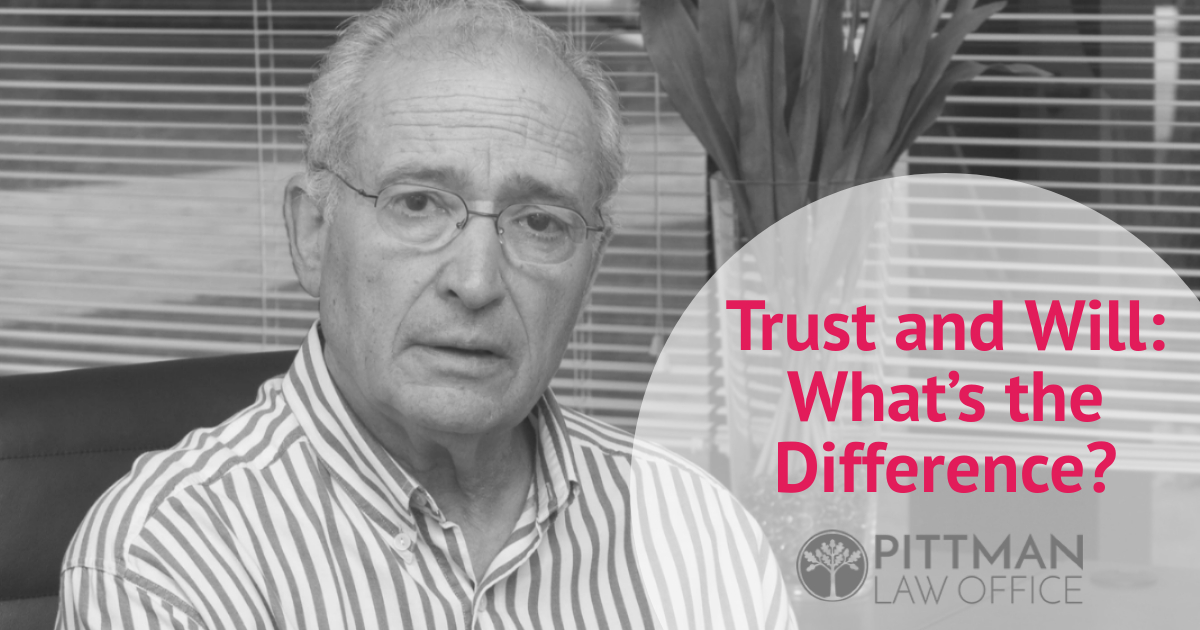When it comes to estate planning, one of the most significant considerations is privacy. Trusts…
Many people are picking a charity or charities and choosing to leave all or a portion of their estates to nonprofits – they’re leaving a legacy of helping the less fortunate, from hunger centers to art-based nonprofits – they’re leaving a legacy of helping the less fortunate, from hunger centers to art-based nonprofits.
Keep in mind that estate-tax rules seem to change every year, which means the value of your charitable deduction may be limited.
When you’re alive, you can leave your money to charity while receiving good tax breaks, i.e., make a monthly donation. But what happens when you pass away? One of the best ways to ensure your legacy after you’re gone is to bequeath a gift to your favorite charity or charities at your death.
Keep reading to learn how to leave money to charity. Your philanthropic activities can live on, even after you’re gone.
Do a Good Deed: How to Leave Money to a Charity
You may like to donate to your favorite charity or charities. However, you also want to make sure you can provide for yourself. What do you do?
To leave money to a charity or charities, consider listing them in your will and/or revocable trust. Not only will ensure that you have enough money available to you if you need it, but you can continue to support your favorite cause(s) after you’ve passed.
The only caution to leaving money to a charity in your will is if you have a large estate. Family members may contest your will because they believe they should receive more. This may cause delays, legal costs, and heartbreak. While this may seem like a drawback, if you die without a will, your assets will be divided based on state and/or federal laws instead of how you’d like them to be distributed.
Keep in mind that when you leave money to a charity, you’ll reduce the size of estate – less money will be subject to estate taxes.
But a perk of leaving money to charity is that you can change the conditions in your will, including how
much money is left to whom, any time before you pass. However, an inheritance becomes effective
after your death – donors won’t enjoy an income-tax deduction for the gift.
If you don’t leave money to a charity in your will, you could name the organization as a beneficiary of any asset you own with a designated beneficiary. For example, some you name your favorite charity as beneficiary of a life insurance or retirement plan. It’s also possible to bequeath a charity using other types of trusts.
No matter the size of your estate, how to leave money to charity shouldn’t be left to chance. It’s important to speak with an attorney who can help you navigate the estate planning process. Together, you can determine which asset(s) to leave to charity, the amount of money, and the best planning option to do so.
Have You Decided to Leave Money to a Charity?
Learning how to leave money to charity is a step in the right direction. After all, you can’t take your money with you. You could try. But there are rules about what you can and cannot be buried with when you pass away.
Giving to a charity or charities can be rewarding. Your donation may help to build schools around the world, fund medical research that leads to actual cures for diseases, or provide sanctuary, medical care, and safety for abused animals, both domesticated and wild.
When you donate to charity, you will have impacted society after you’ve passed on. And this includes your children, grandchildren, and generations to come. See that. Not only can you make a difference while you’re alive, but also when you’ve passed away.
Want to learn more about estate planning and how to leave money to charity? Get this handy guide now.




